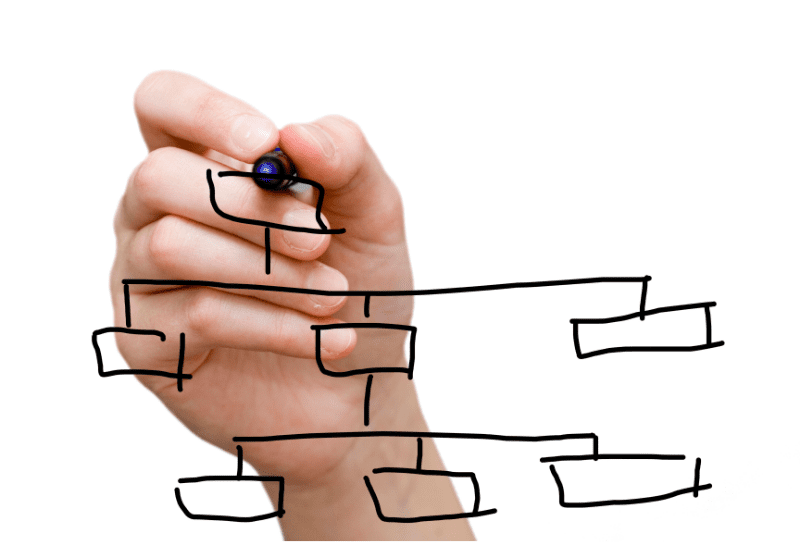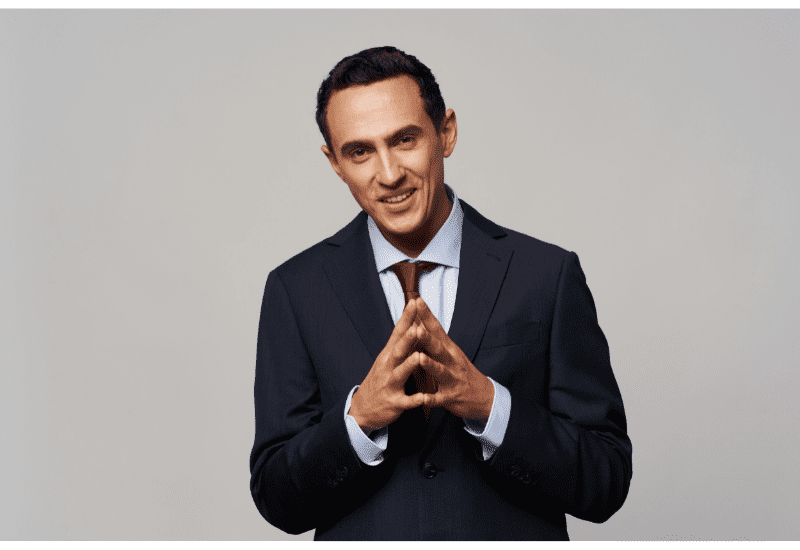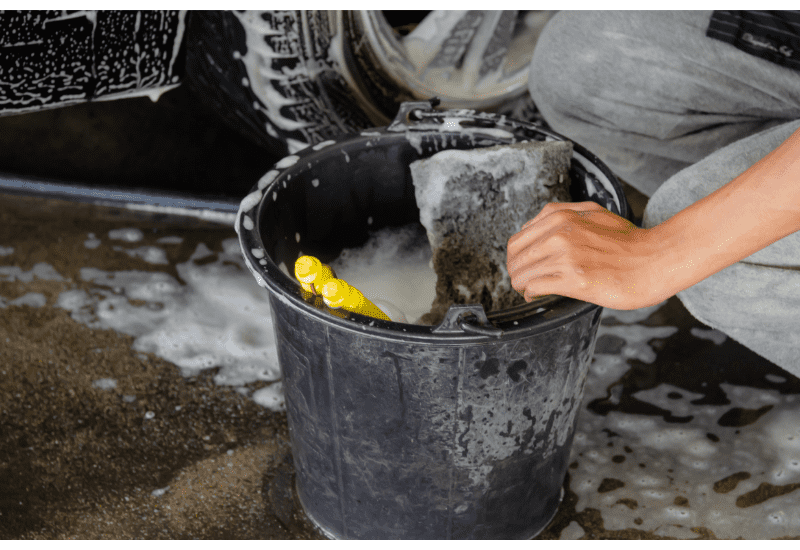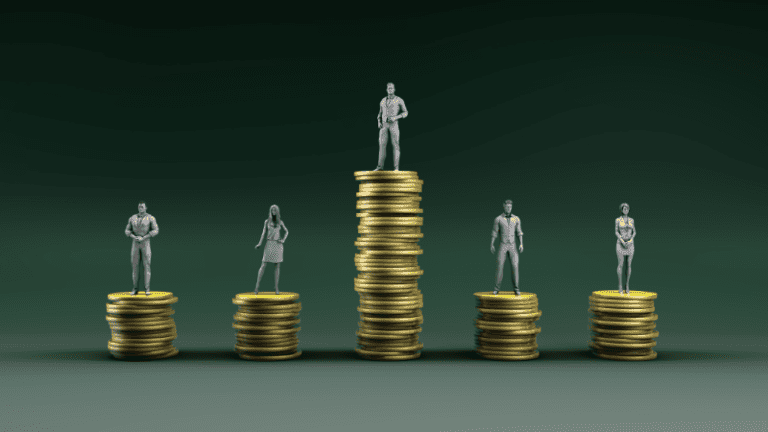Honesty: A Virtue (why honesty is good for you)
It has probably been drummed into you since childhood that honesty is important and right. And you also feel that this is true. But you may not yet be aware of why honesty is actually good for you. Let's take a closer look at exactly that.
In a nutshell:
Being honest is good for us because it ensures that we remain true to ourselves. In psychology, this is called self-congruence. But honesty also requires less effort than lying in most cases, and so honesty is actually usually less stressful.
However, to understand this in more detail requires a little more explanation.
In this article, I will cover various aspects on the topic of honesty. At the beginning, I will deal with the topic "Why honesty is important" and "Why we lie". These two topics generally deal with honesty and lying in and of itself.
After that, we move on to how to be honest with others - meaning acquaintances and distant relatives - and the positive aspects of being honest in your dealings with them.
Next, we'll look at the topic of honesty in relation to your close circle - that is, with good friends and family members. Again, there are several reasons why it is important to be honest.
Last but not least, I decided to write about being honest with yourself. I personally find this point by far the most important, because we spend most of our time in life with ourselves and here it is especially crucial to have a healthy and honest relationship.

Why honesty is important
If you are honest and tell the truth as often as possible, you don't have to remember who you told which version of a story. You can also live your life without remorse as far as possible. Also, it is extremely difficult to stick with a lie because you have to adjust the truth around the outside so that the lie makes sense.
The problem becomes much more understandable if we take a look at two extreme examples.
Example 1: Someone never tells the truth, that is, he always lies. At first, of course, you can talk much more interesting than you actually are. You can tell fantastic vacation stories or tell how you press 100kg on the weight bench. However, this someone must remember who he has told which version of which story and must be much more careful not to promise themselves, which would expose the lies.
If you tell a person a lie, the probability of getting away with it is pretty high.
If you tell 10 people one lie each, it becomes a bit more difficult to remember everything.
But if you ever tell something to 100 people, it is certain that you will not be able to remember all the lies.
Even if you tell a lie to only one person, it can quickly happen that in order to give meaning and credibility to the first lie, you have to invent more lies. Let's say that for every bent truth you tell, you have to tell two more untruths to make the first one seem realistic or logical.

Example 2: Someone tries to be honest and tell the truth as often as possible. Of course, it is often unpleasant to tell the truth. It's not for nothing that people say that the truth is bitter,because you can't embellish it as nicely as you can with lies. However, if we are honest, it may be unpleasant while we are telling the truth, but then we can tick off the subject in our minds and resume the conversation with little cognitive effort if necessary. We don't have to remember what we told whom. This is because true events are easier to remember than invented or altered ones.
I do not want to say here that one should never lie. I myself often enough catch myself slipping out a lie here or there or at least one or the other untruth. However, I firmly believe that the more one orients one's statements towards the truth, the easier we can navigate through everyday life.
Why we lie
Why we lie has many reasons. It can be assumed that every single lie has its individual reason and that one cannot generalize why we lie. Roughly, one can say that we lie to generally look better than we would in truth.

- What has helped me a lot is to try to understand why you want to tell a lie. So what exactly is your reason to tell this lie now.
- Are you ashamed of the thing you are trying to cover up with the lie?
- Do you want to please someone special a little better than you probably would otherwise?
Did you break something and don't have the guts to confess it?
As already said: the list of reasons why you can lie is long. Therefore, every time you are about to lie or have already lied, you should simply reflect. We can't change things that have already happened, and we don't have to. We can accept them as they are and make a plan for the future so that it does not happen again.
On the subject of accepting things as they are, Simon has already written a post about the teachings of the samurai Miyamoto Musashi. You can read it here read up.
Once we understand why we lie, we also find it much easier to lie less and tackle this issue.
Often we are not even aware of why we lie or that we lie at all. So the more often we deal with it and work on it, the better we can become masters of the situation.

Be honest with others
The more honest you are with other people, the more credible you will be. If you expect others to be honest with you, the first step you can take is to be honest with others. You will also be more at peace with yourself if you are honest with others.
Who does not know it:
Whether at work, at school, or with friends.
Somewhere there is always someone who, while presumably basing their stories on reality, embellishes them considerably more than is necessary.
Maybe it's just me, but I personally tend to listen less to such people than to someone who doesn't tell the most spectacular stories, but I can judge them to be true.
Conversely, I can assume that if other people see it similarly (and usually one surrounds oneself with like-minded people) that I will make myself heard more if I lean my statements as close as possible to the "boring" reality.

Furthermore, there is the following proverb, not for nothing:
"He who lies once is not believed, even if he speaks the truth."
Of course, this saying only applies when you have already been caught lying. However, my own credibility, for myself has a high value. Of course, it is difficult or unpleasant to admit mistakes, for example, if you tell an untruth, but not from the aspect of deliberately lying, but because you were simply misinformed yourself, it requires backbone to admit this.
But since man is a social being and sometimes more and sometimes less, seeks interaction with other people, a good, peaceful and honest together is a desirable goal.
Be honest with your close circle
It is often difficult to be honest with other people because they may judge us for who we really are. That's why I've found for myself that the best way to practice honesty is with very good friends or family members. Because they won't laugh at me right away if I tell them something embarrassing.
Our lives are usually not quite as beautiful and glamorous as we imagine or would like them to be. When we talk about our lives with strangers, acquaintances, or distant relatives, we often want to present ourselves better
than we actually do.
Our self-image is particularly important to us here. Even when we meet new people. Maybe even a potential new partner. If we play our cards close to our chest, it can quickly happen that we make ourselves uninteresting and the other person loses interest in us. Especially in times of "ghosting", a lost interest quickly turns into a broken contact.
Since we hope for more from this acquaintance, we can't afford to play with our cards on the table, can we?

However, good friends and family members will not just leave us on the left when we tell them that we have committed this or that misdeed.
Also, our close circle will usually have an open ear for what has happened to us. Having someone to listen to you is worth its weight in gold. So if we have the privilege of having someone who listens to us, then in fairness we should at least not talk nonsense or bullshit.
Personally, conversations with others help me immensely to understand myself. Even if my counterpart doesn't even answer, expressing thoughts and putting them in a meaningful order is something that I find comparatively difficult when just thinking in my head.
So if I'm going to go to the "trouble" of telling someone my situation, it's best for me and my understanding personally if I tell my situation as truthfully as possible.
So if you already have the opportunity to talk to someone who really listens to you and wants what's best for you, be good enough to be honest.
Be honest with yourself
If there is one person in the world you should never lie to, it is not your mother or father, it is yourself. There is no person in the world you will spend as much time with as you do with yourself. Wouldn't it be desirable to have the best possible relationship with yourself?
Everyone knows it:
You sit in front of the screen and think to yourself: "I should go out today or do some sports". And then not even half a second later, you think to yourself: "Oh, whether I walk for 15 minutes or not doesn't make any difference anyway.
And that is just one example of an endless number that could be mentioned here:
"One more beer won't hurt," "The cookies aren't much worse than an apple," "I can clean the bathroom tomorrow," or "I really have to have that new console instead of investing the money."

As you can see, the list of lies that people tell themselves is quite large. But the real problem with lying to ourselves is that it also gets in the way of our orientation in life. Because if we don't define our goals clearly, or even choose the wrong goals because we are dishonest with ourselves, it can lead us on a long odyssey, at the end of which, we don't find what we hope for.
We need to be honest with ourselves about what we actually want and what we don't want.
In order to get to know yourself better, it is essential to establish an honest approach to yourself. After all, how can you find out who you are if you lie to yourself?
Only those who are honest with themselves can find out what they like, what they are interested in or what they are not interested in.
Maybe you personally are not as into a thing as you would like to believe. Possibly it is only the environment or the thing with which one is engaged, however, if one listens deeper inside, one notices that what one thought to desire is not what we really want.
So it is inevitable on the path of self-discovery to come clean with oneself, or in other words: to be honest with oneself. However, I am also aware that it is not as easy as it sounds. There will be many moments or situations when you would rather settle for a nice lie than be honest with yourself. Often lies also have the property of being easier to put into practice than what we really need.
It's clearly easier to squeeze in a candy bar than it is to do 20 minutes of yoga. Sure. Of course, we could just say that we'll eat the candy bar after yoga. But we could also fool ourselves into thinking that the one time of yoga, after all, has little positive benefit in general and that we've already earned the candy bar anyway.

As you can see, we should reflect on ourselves as often as possible, and preferably as honestly as possible. Honesty not only makes dealing with others easier, but also with yourself. And that does you good.
Did you like this article? You can let us inform you about new articles:







